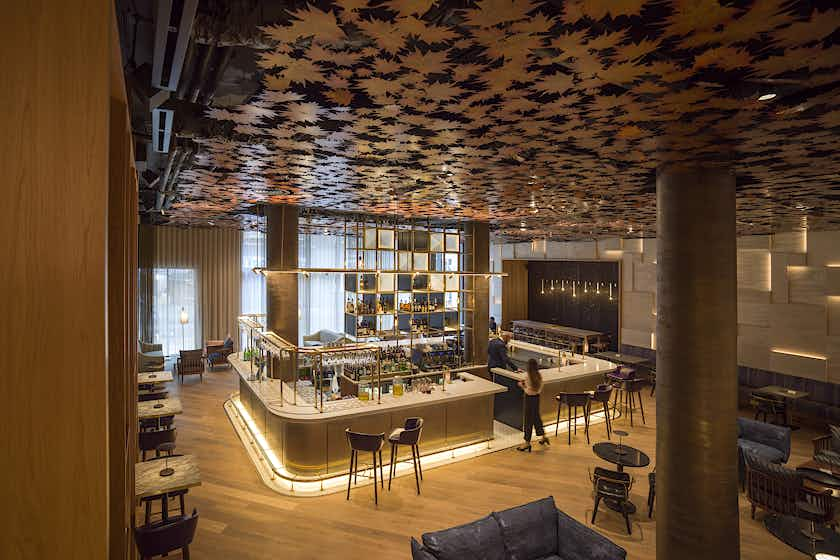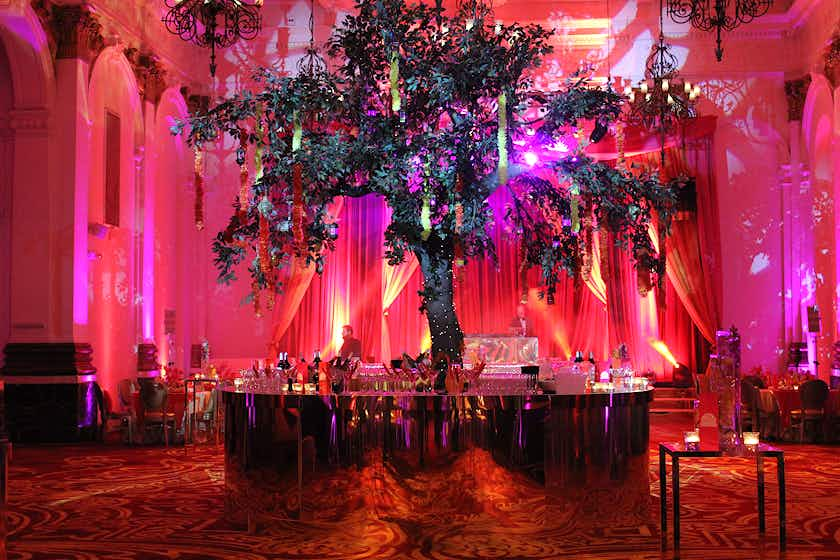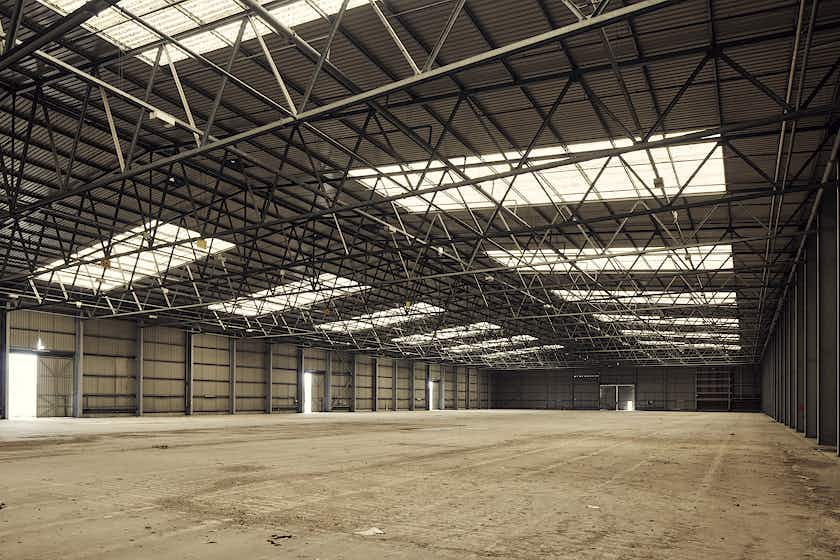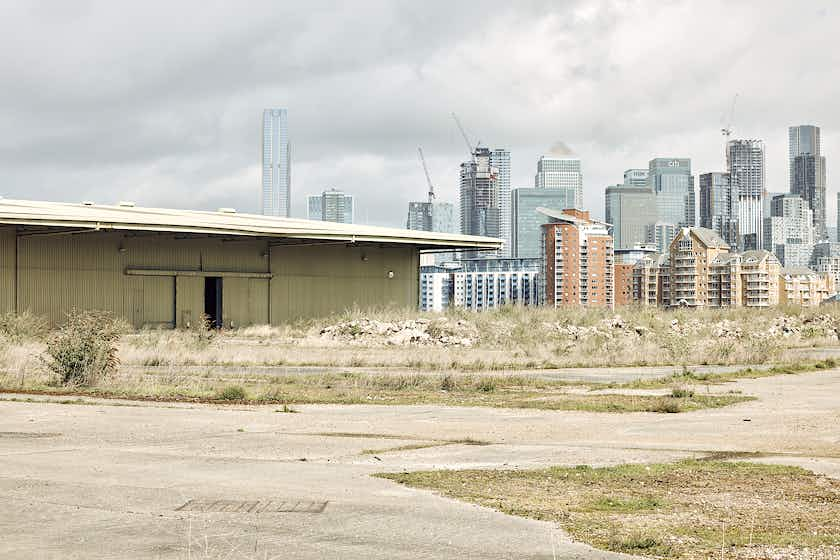Looking to organise a trade show? If there’s
a gap in the market for one in your business niche, then it’s a great way to
both advertise your company, and the exhibitors who attend. Not only this, but
you might make some great sales because of it, and expand your network at the
same time. Actually organising a trade show is the difficult part however. It’s
tough to understand where to even get started with your planning, which is why
we’ve come up with these first steps for you to follow and get the ball
rolling.
Step 1: Get A Team Together
First things first. You can’t do everything
on your own. A trade show is a massive event, so you need to get a team
together. You will need to interview and hire a range of skilled people to handle
everything that you either don’t have the right expertise in, or are simply too
busy to concentrate on. Someone to handle finance and procurement and a
Marketing Manager will be essential. Once you have everyone together, you need
to lay out exactly what your vision is for this trade show and get them on
board with it as well. If you’re not all on the same page, then organisation
will become difficult. Now that you’ve hired others, don’t be afraid to let go
of different tasks and trust them to get things done. If you are having regular
project meetings, then nothing is going to fall between the cracks.
Step 2: Get Your Main Sponsor
Without a main sponsor, you’re not going to
have a trade show. This is the company whose money will be funding the majority
of the event, so you need to reach out and get them on board fast. They should
be well liked and respected within your industry, so that your potential
audience will automatically trust a trade show that is being sponsored by them.
As well as this, they will be able to advertise your event to their customers,
which will bring in a massive boost in ticket sales. You need to understand
exactly what it is that they expect from you in return and stick to that
agreement. Promotion for them before, during and after the event is key and all
of your branding should feature them prominently.
Step 3: Get a Budget
Without a strong budget, your trade show is
unlikely to be successful. You need to factor in how much money you are getting
from your sponsor and estimated ticket sales, but you also need to really think
about all of the expenses that you are going to accrue. Putting on a trade show isn’t cheap. There is
the venue hire, all of the banners and promotional items, catering, and of
course you need to pay your staff as well. This is why it is so important to
have someone that is dedicated to balancing the books, getting you the best
deals, and is able to tell you when you simply can’t afford something.
Step 4: Get a Marketing Plan
Without a strong marketing plan, your trade
show won’t get the audience that it needs to be successful. Not only do you
need to attract attendees, you also need to sell exhibitor booths. Without
exhibits, there’s no audience. The hardest part is always getting those first
few sales. This is where the name of your sponsor will encourage exhibitors to
sign up. You can also create urgency by having a discounted rate for the first
20 sellers. Once you have those, others will be much more inclined to join in.
When you have a good customer base, emails are a great tactic to sell tickets,
as is social media. You need to start marketing early, have a plan, and stick to
it. Don’t forget about what happens after the show either!
Step 5: Get a Venue
Once you have a solid plan, and a sponsor
on the books, it’s time to find the perfect venue for your trade show. The are
lots of exhibition centres for hire in London, so you will be able to visit and
choose the one that fits. Consider how you want the layout of the event, the
type of trade show that you’re having, and any extras the venue might be able
to provide for you. Obviously, it needs to stay within your budget as well, so
get a detailed quote from the venues that you are considering before making a
final decision. Location is always something that must be considered. While
something further away might come in at a better price, you may put off
exhibitors and attendees who have to travel to get there.
Step 6: Get Advertising
Implementing this part of your marketing
plan, you need to start getting banners made up, and advertising as much as you
can around the city. Flyers and direct mail are still a crucial part of any
advertising policy so don’t forget about their importance. At the event, you
will need as much advertising as you can. Programs should be printed as well as
other branded materials for staff to wear and to give out to attendees. Hiring
a graphic designer to make everything as professional as it can be is a great
idea, although understandably not within everyone’s budget. Social media
shouldn’t be abandoned either. Paying for Facebook advertisements can see an
increase in your ticket sales, and this should also be taken into
consideration.
Once you’ve got your first steps together,
the rest will be plain sailing. The key is to have detailed plans and budget so
that you know exactly what you’re doing at every stage. Having a great team
behind you will mean that you’re not on your own with organising, and they can
help you to make your trade show a roaring success.







































































